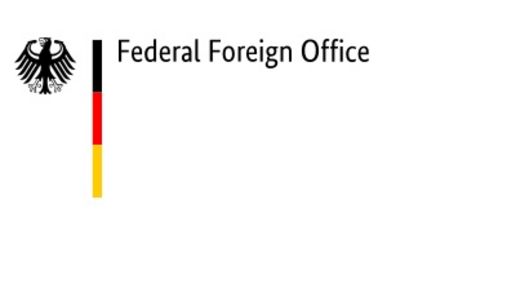German Colonial Rule. Scholarships for Cooperative Research

German colonial history is a rich and by no means completely explored field of research – both in Germany and, even more so, in the regions which it formerly colonised. A new fellowship programme aims to foster international and interdisciplinary cooperation and dialogue between different perspectives within this field. In accordance with the current and the preceding coalition agreement, as well as the measures proposed on 25 November 2020 by the German Cabinet Committee for the fight against racism and right-wing extremism, the Federal Foreign Office, with the support of the DAAD, initiated the research programme “German Colonial Rule. Scholarship Programme for Cooperative Research.” Participating researchers will focus in particular on the role and actions of the Foreign Office as well as other German government institutions in the former colonial territories.
The DAAD programme “German Colonial Rule”, funded by the Federal Foreign Office of Germany, grants nine young researchers from Burundi, Cameroon, Namibia, Rwanda, Tanzania and the Philippines DAAD scholarships to do research for their PhD thesis in Germany. The aim of the scholarship programme is to promote research on German government policies and institutions, and their political, economic and cultural impact on and in the former German colonies. The fellows have one supervisor from a university in Germany and one from a co-operating university in Africa or the Asia-Pacific region. They carry out their research in archives and at universities in Germany, Africa and the Asia-Pacific region.
By funding projects in this field, the programme aims to create a shared space for research on the history of German colonialism and racism, thus laying the foundation for international academic exchange and long-term cooperative research partnerships. The programme also intends to provide non-European perspectives on the colonial past, and to contribute to an open dialogue in partnership. Research projects focus on the German colonial period as well as its aftermath and address the former Colonial Department of Germany’s Foreign Office, the Reichskolonialamt (Imperial Colonial Office) and/or other organisations, e.g. German missions and individuals involved in Germany’s colonial rule. They emphasize the political, economic and/or cultural dimensions of colonial rule. The scholarship holders also concentrate on the cooperation between the German administration, intermediaries and political elites in the colonies as well as on specific administrative acts.
Supported by:
